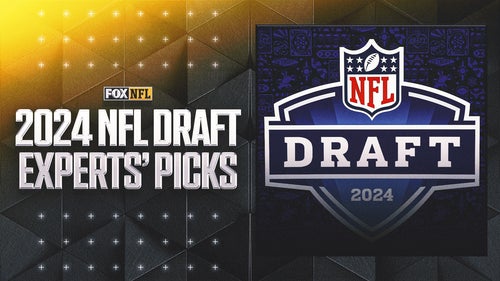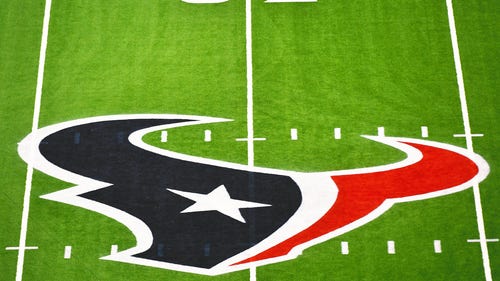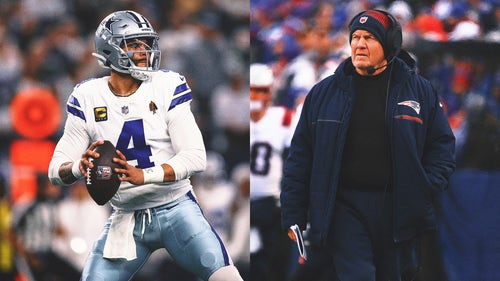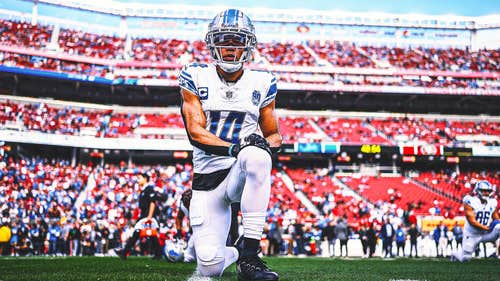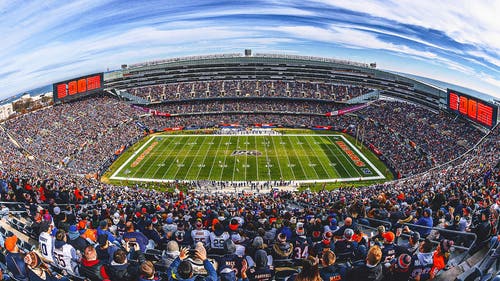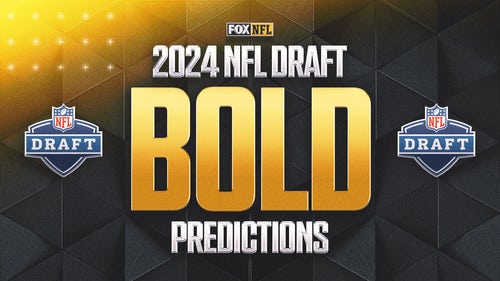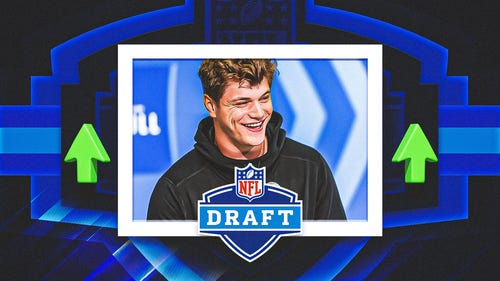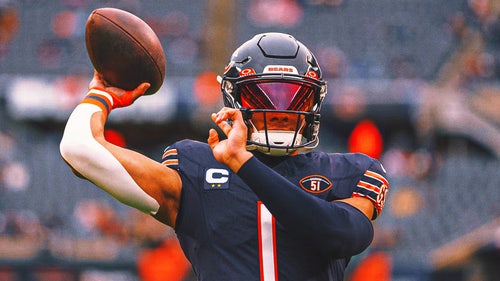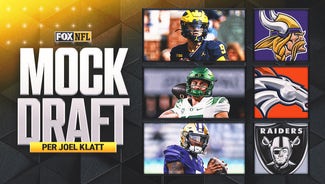
Agents seem to be united, but are they?
The line entering the annual Friday morning NFL Players Association meeting snaked more than 100 agents deep at the Indiana Convention Center.
In a few years, there may not be a wait to get inside.
The larger-than-usual crowd stemmed from the NFLPA mandating that every certified NFL contract advisor attend. That's because NFLPA executive director DeMaurice Smith was providing an update on labor negotiations and lockout rules stemming from what, so far, have proved to be unsuccessful Collective Bargaining Agreement talks with the NFL.
Speaking with multiple agents who attended Friday's meeting, Smith told them nothing publicly that would indicate whether a work stoppage is imminent with the CBA set to expire March 4. The AOL Fanhouse web site quoted a source briefed on negotiations as saying "nothing has changed" following a week-long mediation session between the NFL and NFLPA.
While that prospect is unsettling, the future for some agents is even scarier.
When the new labor pact is finalized, a rookie salary cap and NBA-style slotting system will almost certainly be instituted. That means agents with small client lists will find themselves at an even greater disadvantage than now. Larger firms already sign most of the top prospects, then foot the bill for expensive pre-draft training programs that can run close to $30,000 a player. Those groups also frequently provide other perks the proverbial mom-and-pop outfits can't provide.
As one agent told FOXSports.com about the pending rookie cap, "It's going to kill us."
"There's going to be no change in recruiting," another agent said on condition of anonymity. "The money that you're going to have to spend is going to stay the same. You're just going to get less of it back in the beginning.
"It hurts all agents. But places with the ability to give someone a $200,000 marketing guarantee, they're going to lose some rookie fees, but they might say this is good for them. The more people they can eliminate solely on the basis of money, the easier it is for them to sign clients. We all know, especially under this system, the real money for the players and agents is going to be based on the second contract."
The lower-tier agents I spoke with Friday were hesitant to speak on the record about the subject. That's understandable. In a business filled with unscrupulous recruiting practices, showing any sign of weakness is often used negatively by other agents who would try to raid their clientele.
But that doesn't diminish the magnitude of the challenges that lie ahead for the entire agent industry.
Even those with an impressive client list already struggle to navigate through a college landscape filled with illegal payola and third-party representatives (i.e. "runners" unofficially guiding players to agents) who aren't under NFLPA auspices. Some prospects stick out their hand to interested agents expecting money along with that shake even before they become draft-eligible. Rules enforcement for illegal activity has proven difficult for the NCAA and NFLPA as well.
"It allows people who don't have to comply with union rules to form associations with players," one agent said of the third-party issue. "The things that are going on because of those relationships are not in the best interest of the player."
Agents sometimes get accused of the same thing. The business is cut-throat. Word is two agents engaged in a face-to-face screaming match at Friday's meeting over claims of a stolen client. Players are often treated like new cars, only to get discarded after breaking down and ultimately leaving the NFL.
But there are also agents who care for their clients' well-being about as much as the three-percent annual fee the average NFL contract usually brings. The best ones help protect players from being taken advantage of by teams and unscrupulous financial hustlers while providing a good sounding board for career moves.
"In the agent's seminar, (the NFLPA) talks about the fiduciary duty we have and how that continues when the player is retired," one contract advisor said. "What a good agent does involves a lot more than just negotiating a player's contract."
Some of those agents are being squeezed out or forced to partner with larger firms. They also have no union or individual leader fighting for their cause within the NFLPA, which serves as an overseer for the players it represents. The lack of organization is partially the agent industry's own fault because of jealousy, squabbling and selfishness among its brethren.
"You would have trouble putting 10 agents into a room and getting them to agree on anything," one contract advisor said. "If you anoint someone as the leader, the big fear is that person will use it as an advantage in recruiting with, 'I'm the guy the other agents turn to.'"
The NFLPA has turned to some heavy-hitting agents for CBA feedback and a public show of support. Four of the industry's biggest names — Drew Rosenhaus, Tom Condon, Joel Segal and Ben Dogra — praised the players union's effort in NFL talks when brought before the media Friday after Smith's closed-door presentation.
"The agents are united," Rosenhaus said.
That may be true for labor negotiations, but the agent community has never been more divided between the haves and have-nots.
"I explain to people who don't understand this industry, 'It's Jerry Maguire times 1,000,' " said one agent who admits he may soon be financially forced to leave the business. "It's the Golden Rule. He who has the gold rules."






































































































































